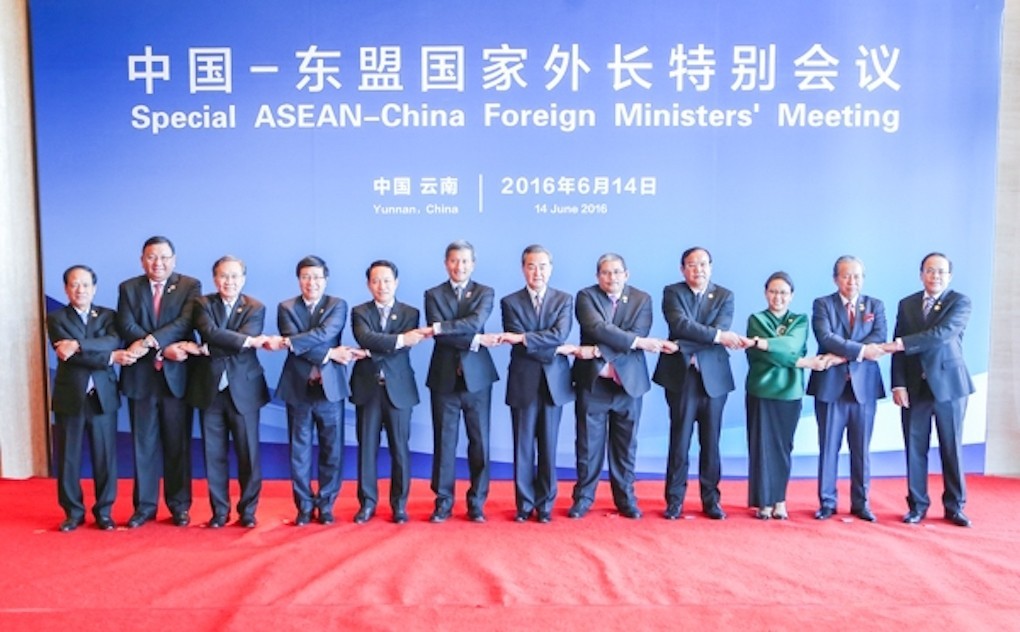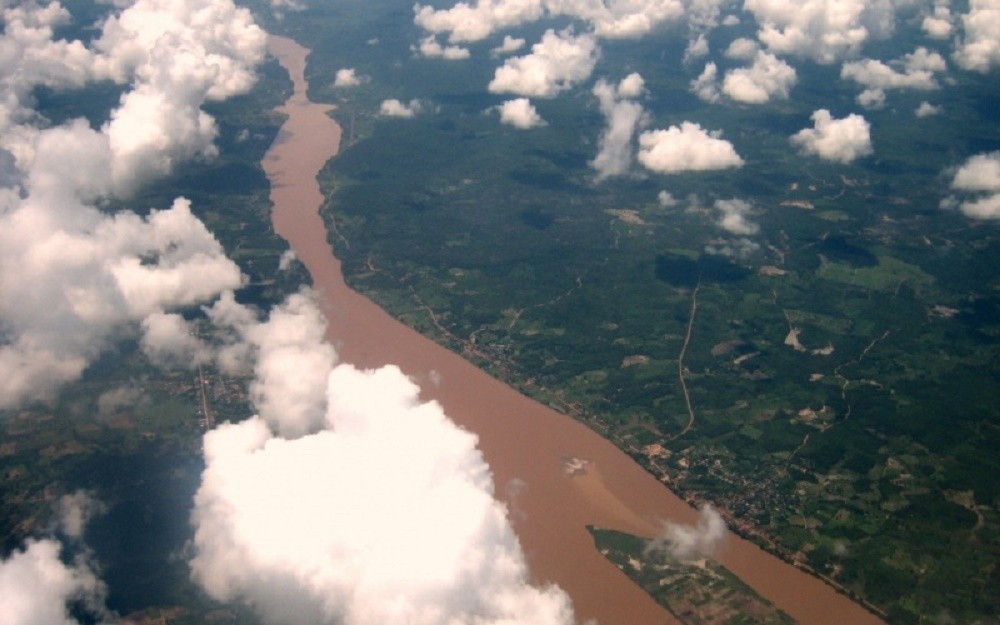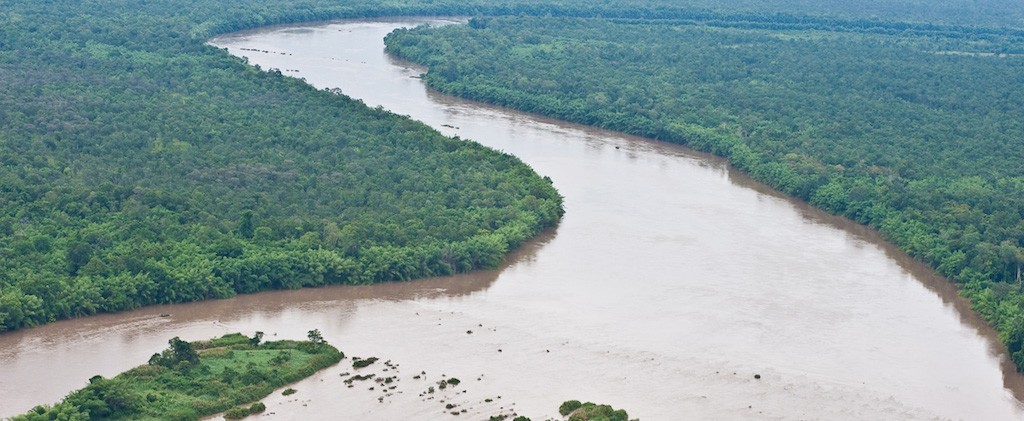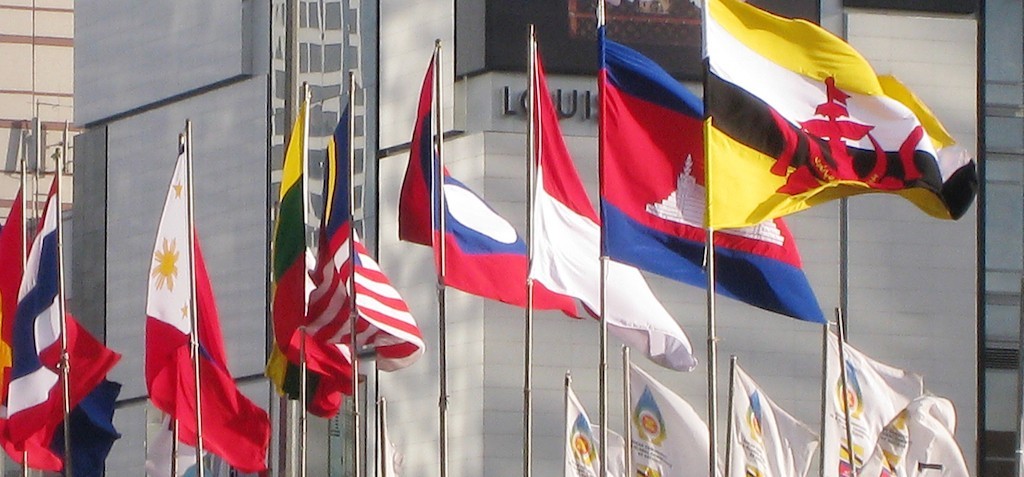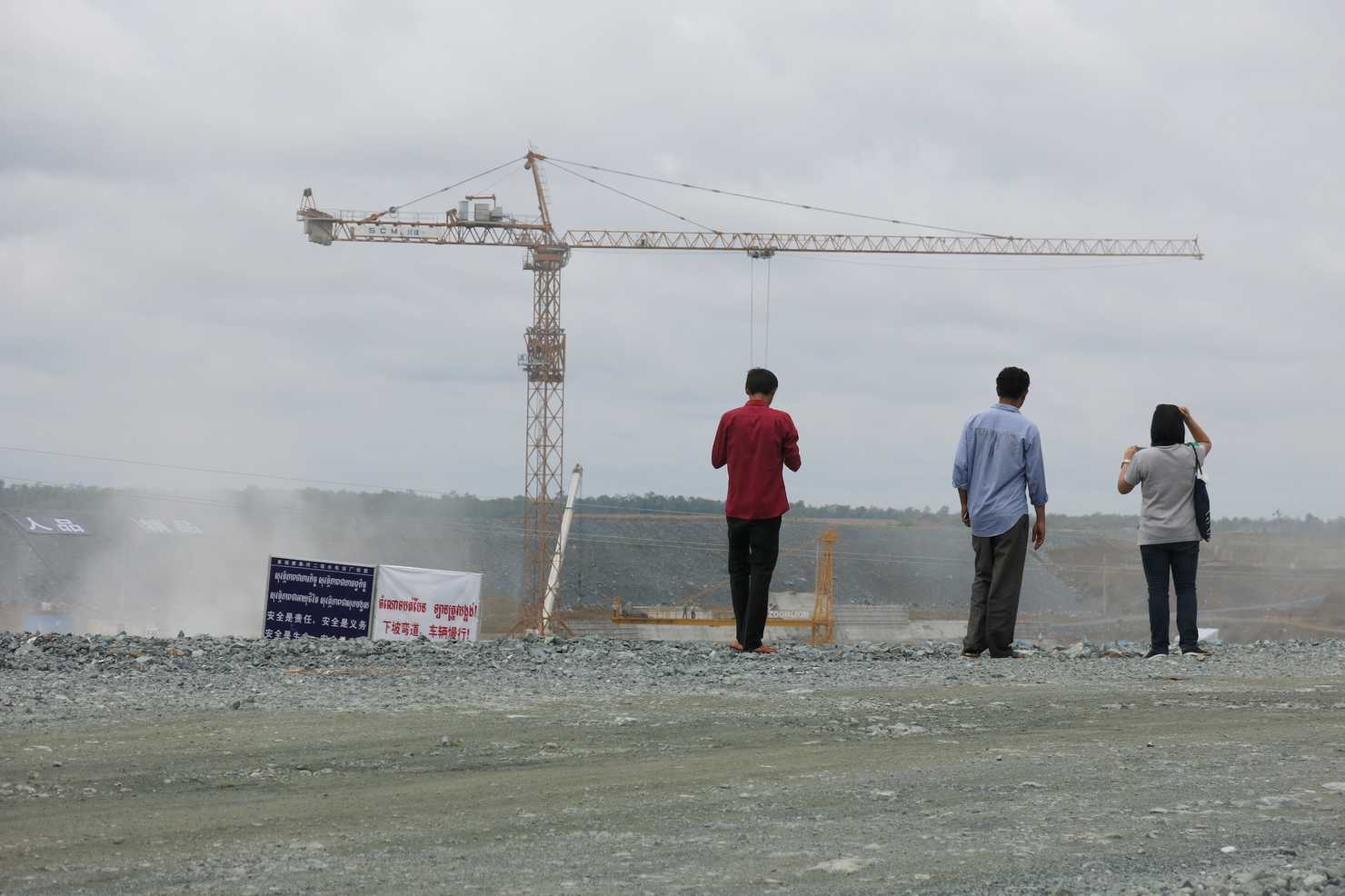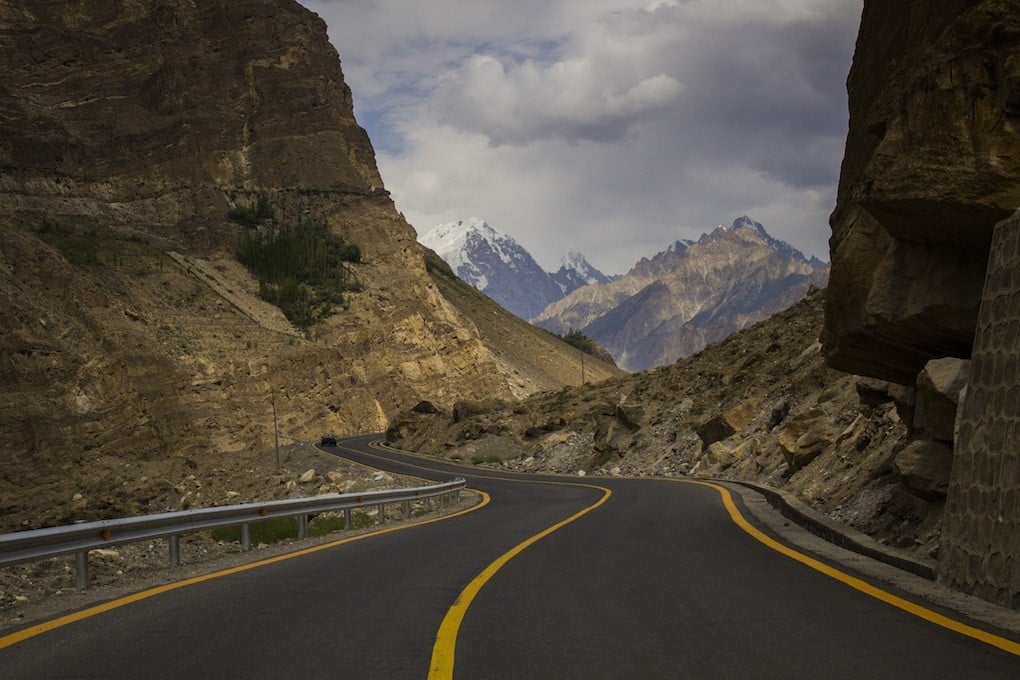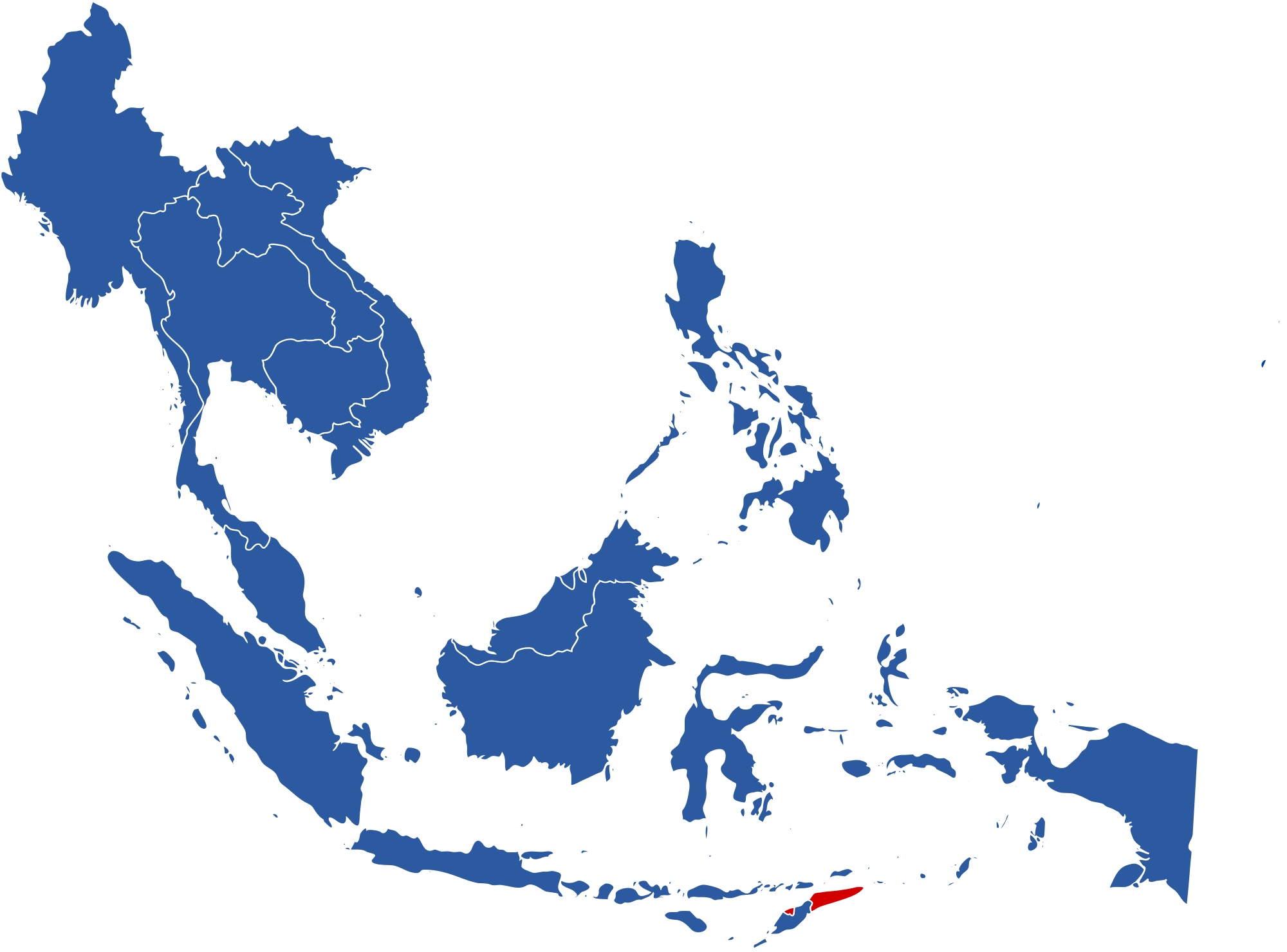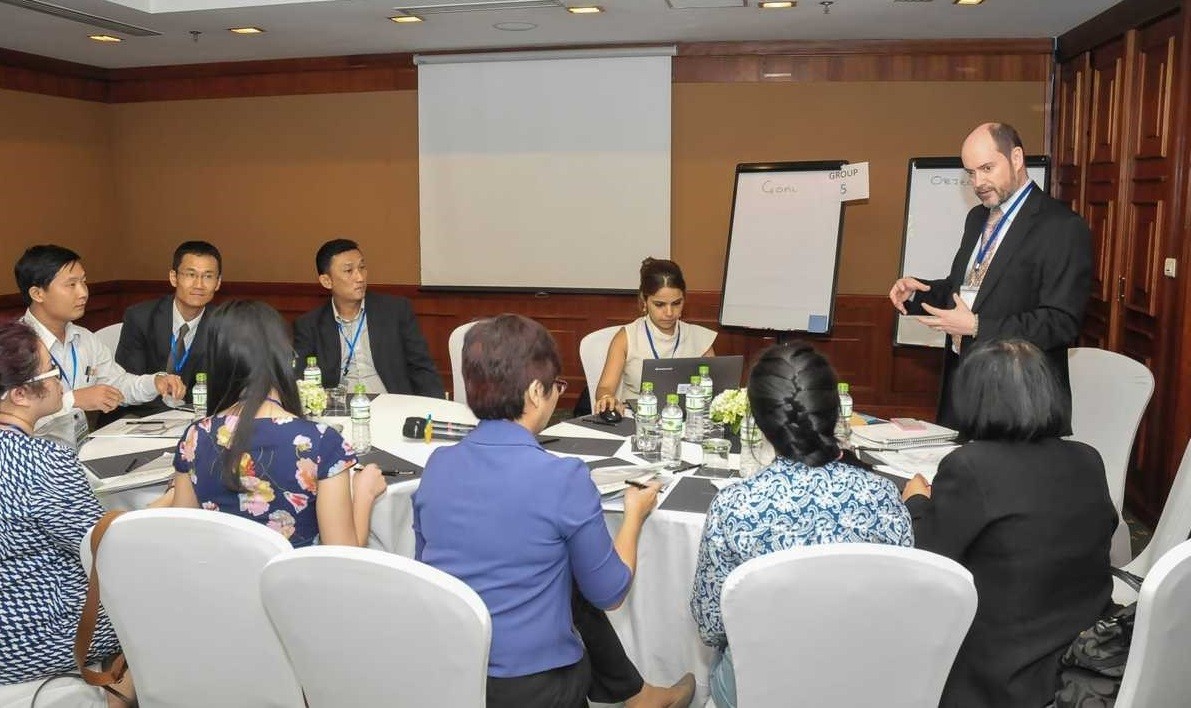East Asia’s economy is entering a new phase of uncertainties and challenges stemming from complex geopolitics, a weakened European Union (EU) after Brexit, domestic political unpredictability in the US and an economic slowdown in China.
To maintain economic dynamics, regional countries need to deepen and speed up social, economic and financial reforms. The region needs to continue promoting an open and inclusive regionalism.


